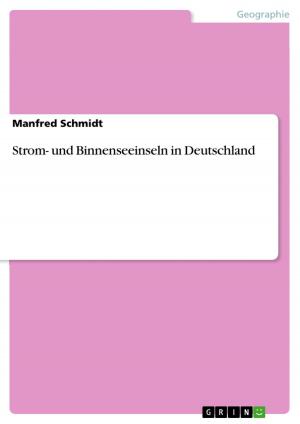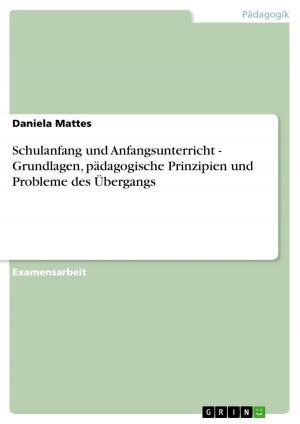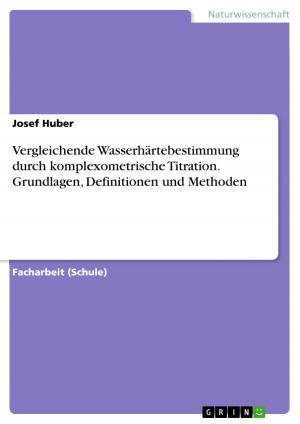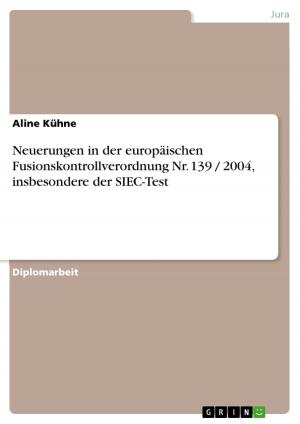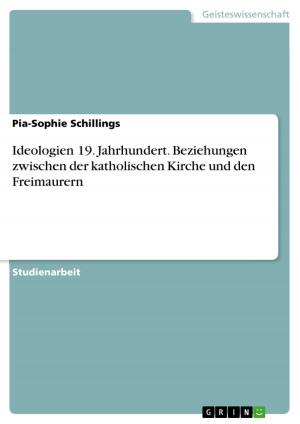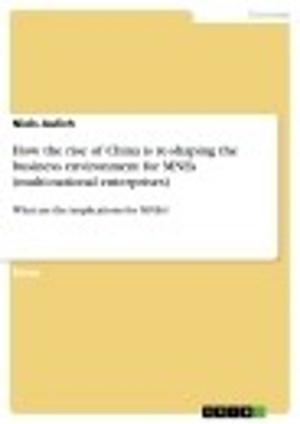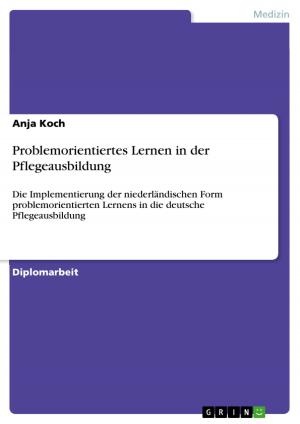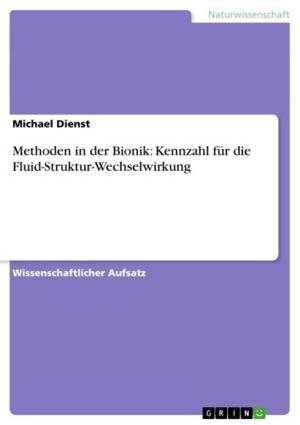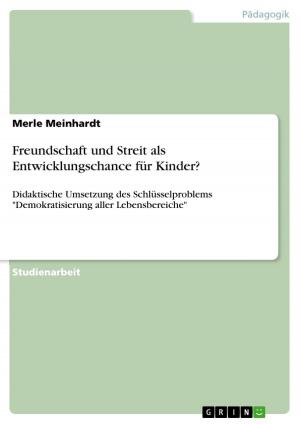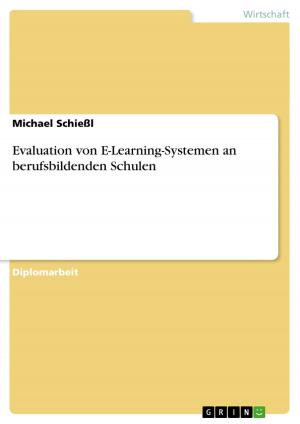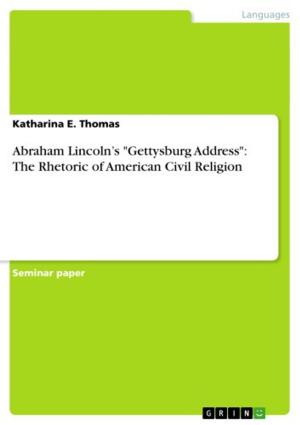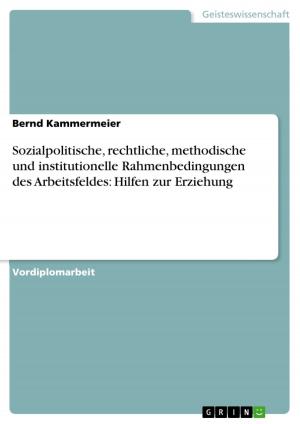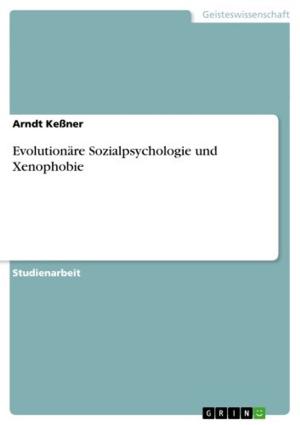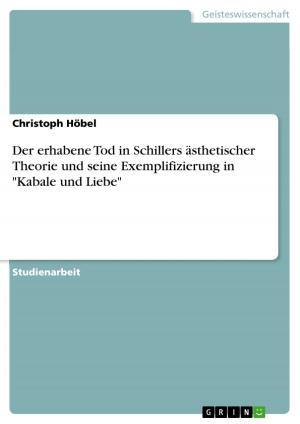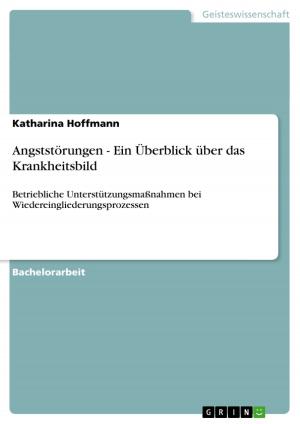Discuss the interplay of religious themes and ideas in Chaucer's 'Troilus and Criseyde'
Fiction & Literature, Literary Theory & Criticism, British| Author: | Meike Kohl | ISBN: | 9783638447522 |
| Publisher: | GRIN Verlag | Publication: | December 13, 2005 |
| Imprint: | GRIN Verlag | Language: | English |
| Author: | Meike Kohl |
| ISBN: | 9783638447522 |
| Publisher: | GRIN Verlag |
| Publication: | December 13, 2005 |
| Imprint: | GRIN Verlag |
| Language: | English |
Essay from the year 2005 in the subject English Language and Literature Studies - Literature, grade: 1- (A-), Queen's University Belfast (School of English), course: Chaucer, 10 entries in the bibliography, language: English, abstract: Within the range of religious and secular themes and ideas in Chaucer's Troilus and Criseyde, love in several forms is a major theme. The main body of the poem deals predominantly with human love; one can further distinguish between 'courtly love' according to the courtly tradition and naturalistic, sexual love. The ending of Book V attaches a Christian perspective, thus representing religious love. Throughout the poem this interplay between love and religion can be found. This essay aims to examine the interplay of these ideas in the narrative. Closely interwoven with this are the attitudes presented towards philosophical ideas, namely the role of Fortune and the question of the human being's free will or predestination, and their relation to the representation of love. Due to the scale of this essay we will touch on these only very briefly. The analysis will start with the 'prologue', the first part of Book I, explain the development throughout the narrative and conclude with the epilogue, since prologue and epilogue contain condensed evidence. The main focus will be on the protagonists, Troilus and Criseyde.
Essay from the year 2005 in the subject English Language and Literature Studies - Literature, grade: 1- (A-), Queen's University Belfast (School of English), course: Chaucer, 10 entries in the bibliography, language: English, abstract: Within the range of religious and secular themes and ideas in Chaucer's Troilus and Criseyde, love in several forms is a major theme. The main body of the poem deals predominantly with human love; one can further distinguish between 'courtly love' according to the courtly tradition and naturalistic, sexual love. The ending of Book V attaches a Christian perspective, thus representing religious love. Throughout the poem this interplay between love and religion can be found. This essay aims to examine the interplay of these ideas in the narrative. Closely interwoven with this are the attitudes presented towards philosophical ideas, namely the role of Fortune and the question of the human being's free will or predestination, and their relation to the representation of love. Due to the scale of this essay we will touch on these only very briefly. The analysis will start with the 'prologue', the first part of Book I, explain the development throughout the narrative and conclude with the epilogue, since prologue and epilogue contain condensed evidence. The main focus will be on the protagonists, Troilus and Criseyde.

